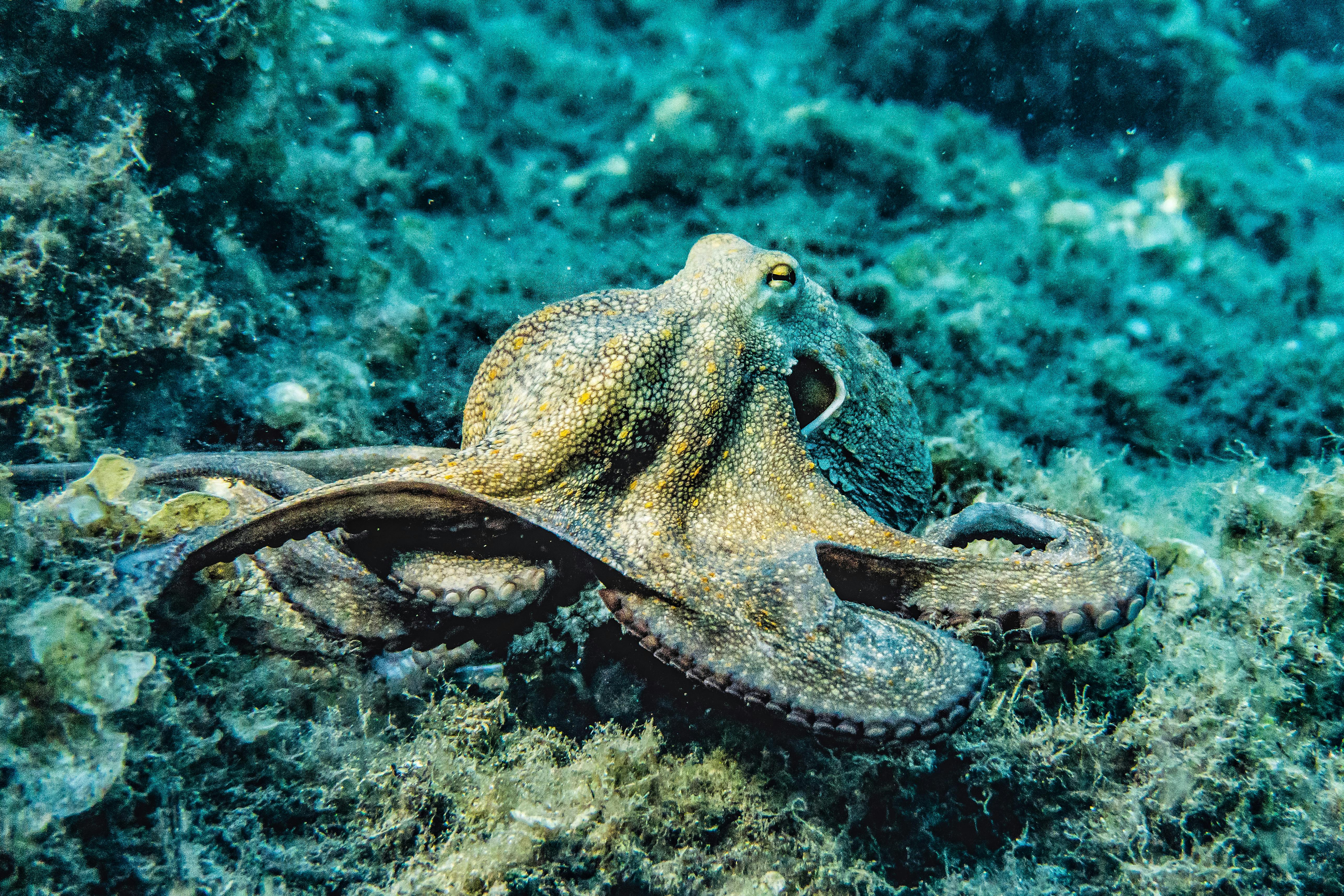The Unseen World of Octopuses as Pets: A Deep Dive into a Unique Aquarium Experience
Octopuses: they're intelligent, fascinating, and, for some daring aquarists, the ultimate pet challenge. Choosing to keep an octopus as a pet is undeniably unique and requires a deep understanding of these complex creatures. This article delves into the intriguing world of pet octopuses, discussing their behavior, care requirements, and the implications of bringing such an incredible creature into your home.

Octopuses: A Brief History and Background
Octopuses have long captivated human imagination, featuring prominently in ancient myths and mariner’s tales. They belong to the class Cephalopoda, which includes other fascinating marine creatures such as squid and cuttlefish. Octopuses are renowned for their intelligence, problem-solving abilities, and remarkable ability to change their skin color and texture to blend into their surroundings.
In recent years, the idea of keeping octopuses as pets has gained traction. However, this is not a venture for the faint-hearted. Octopuses are complex creatures with unique needs, and successfully keeping one in an aquarium requires an advanced level of knowledge and commitment.
An Unconventional Pet: Current Trends and Considerations
While there is a growing interest in keeping octopuses as pets, it remains a niche hobby. Octopuses are not your typical pet; they are solitary, nocturnal creatures with a relatively short lifespan—most species live for only 1-2 years. They also require specific environmental conditions, a varied diet, and are notoriously good escape artists, capable of slipping through tiny gaps in their aquarium setup.
Considering the costs, an octopus setup can range from a few hundred to several thousand dollars, depending on the species and the complexity of the required aquarium setup. As such, keeping an octopus as a pet can be seen as a significant investment in both time and money.
Backed by Research: What Science Says About Pet Octopuses
Research into octopuses’ behavior and needs in captivity has added valuable insights to the debate. Scientific studies show that octopuses require environmental enrichment, such as puzzles and toys, to keep their high intelligence stimulated. They also need a varied diet, typically of live crustaceans and fish, to maintain their health.
However, research also cautions against the impulse to keep octopuses as pets due to their complex needs and the ethical considerations involved. Octopuses are incredibly adaptable and intelligent creatures, and their well-being in a captive environment is a subject of ongoing debate within the scientific community.
Balancing Knowledge with Accessibility: Simplifying Octopus Care
While the idea of keeping an octopus as a pet may seem daunting, it is not impossible with the right knowledge and preparation. Prospective owners should thoroughly research their chosen species’ needs, invest in a secure and spacious aquarium, and be prepared to provide a stimulating and varied environment for their octopus.
Patience and observation are key—octopuses are sensitive to changes in their environment and may require time to adjust to their new surroundings. With careful management and a commitment to understanding these unique creatures, keeping an octopus can be a rewarding and fascinating experience.
The Future of Octopuses as Pets: Challenges and Opportunities
As interest in keeping octopuses as pets continues to grow, so too do the challenges and opportunities this presents. While the hobby is not for everyone, those who choose to take the plunge are rewarded with a unique and captivating pet experience.
However, there are ethical considerations that must be addressed. Over-collection of octopuses for the pet trade could have ecological implications, and there is ongoing debate about the suitability of captivity for such intelligent creatures. As we continue to learn more about these fascinating animals, it’s essential to balance our curiosity and desire to keep them as pets with the need to ensure their welfare and conservation.
In conclusion, while keeping an octopus as a pet is not a decision to be taken lightly, for those willing to invest the time, money, and effort, it can provide a singularly intriguing and rewarding pet-keeping experience. As we continue to learn more about these remarkable creatures, it’s important to balance our fascination with their well-being, conservation, and the ethical implications of pet ownership.




